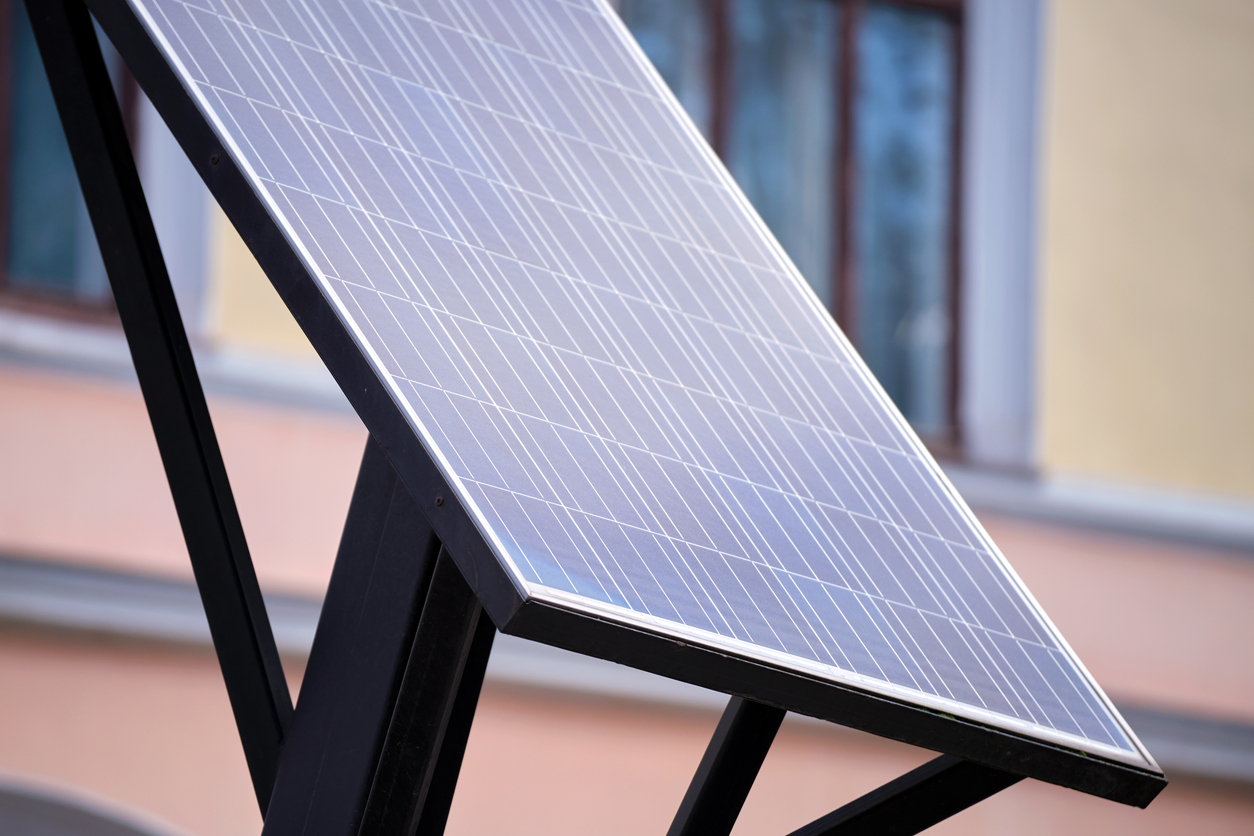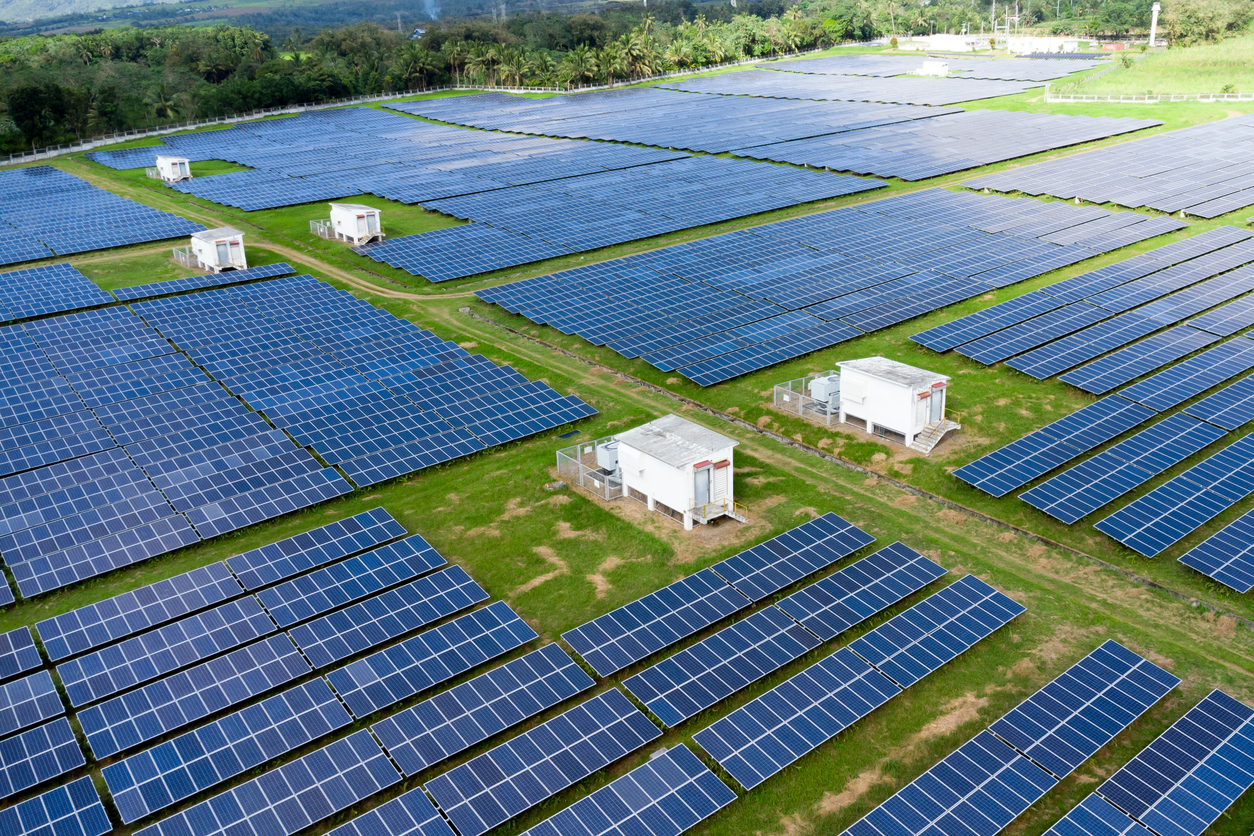Solar Fabrication and Installation in Nigeria
Why You Need a Solar System for Your Home or Office in Nigeria
Solar power is a renewable source of energy that does not pollute or add to the greenhouse effect. It’s also free and available just about everywhere. Solar energy reduces your greenhouse gas emissions by cutting your natural gas usage. You can further reduce your carbon footprint with solar panels . These panels collect sunlight and convert it into electrical energy that you can use in your home or office for cost-effective and eco-friendly heating, lighting, and more. In this blog post, we discuss what a solar system is, the benefits of solar systems, different types of solar systems, and how to get one installed in Nigeria.
What is a solar system?
A solar system is a collection of solar panels, an inverter, and a control panel that converts sunlight into electricity. A system designed for residential use might include one or two panels, an electrical box with a circuit breaker, wiring, and an interconnection box that connects the system to the grid. A commercial solar system might have a bigger capacity, with several large panels, a transformer, and other components. You can also have a hybrid system that combines solar panels with another power source, like a battery. Most solar systems have a lifespan of about 25 years. After this, the panels will be less efficient, so it makes more financial sense to replace your system than repair it. Solar panel efficiency reduces by about 0.5% every year, so if you own your solar panels for a decade, you’ll see a significant drop in efficiency.
Why are solar systems important in Nigeria?
Nigeria is one of the sunniest countries in the world, with an average of about 4.5 hours of sunshine per day. In fact, if you live on the southern coast and have a south-facing roof, you have a great chance of harvesting enough solar energy to power your entire household. Here are the benefits of solar systems in Nigeria :
Types of Solar Systems for homes and businesses in Nigeria
As we’ve seen above, there are numerous benefits of solar systems in Nigeria. Now, let’s go through the most common types of solar systems : – On-Grid Solar Systems – These systems are connected to the electricity grid, so they can provide electricity when your household or business needs it. You can also draw electricity from the grid when your solar system isn’t producing enough. Grid-connected systems are easy to install, but you do need to factor in the cost of a grid interconnection fee. – Off-Grid Solar Systems – These systems produce enough electricity to power your entire home or business. However, they don’t connect to the grid, so they don’t draw electricity from the grid. They do, however, need a backup power source, such as a battery, in case of prolonged cloudy weather or at night. Off-grid systems are ideal if you don’t have consistent access to electricity, but they are more expensive, complex, and difficult to install.
How much do solar systems cost in Nigeria?
Solar systems for homes start at about NGN 1,000,000 and can go up to NGN 8,000,000. The cost varies according to the brand, size, and complexity of the system. Solar systems for businesses and industrial applications can cost anywhere from NGN 2,000,000 to NGN 60,000,000. You can get an initial idea of how much a solar system will cost by looking at the system capacity in kilowatts (kW). If you have one 4 kW solar panel, you will get 4 times more electricity than with a 1 kW system. You can also calculate the cost of a solar system online with our solar system calculator.
Final Words: Should you get a solar system?
As you can see, there are many benefits of solar systems in Nigeria. If you have consistent access to sunlight, there is no reason why you shouldn’t get one. Solar systems are a great investment, and they will pay for themselves in 5 to 15 years. Solar systems are a great alternative to fossil fuel-based electricity sources, and they can help you decrease your carbon footprint.








LEAVE A COMMENT
You must be logged in to post a comment.